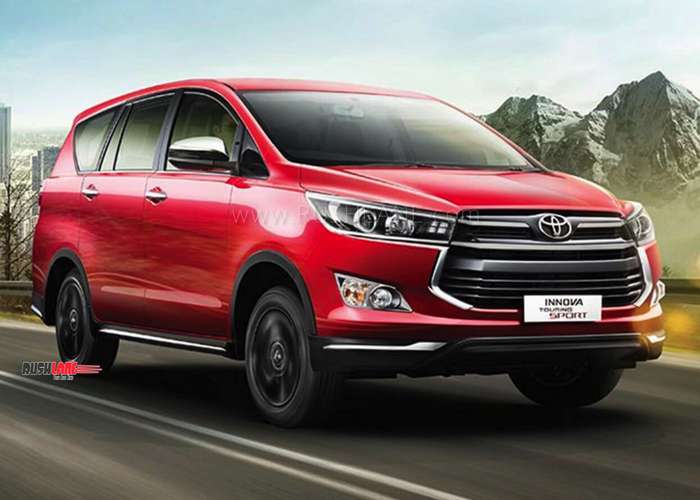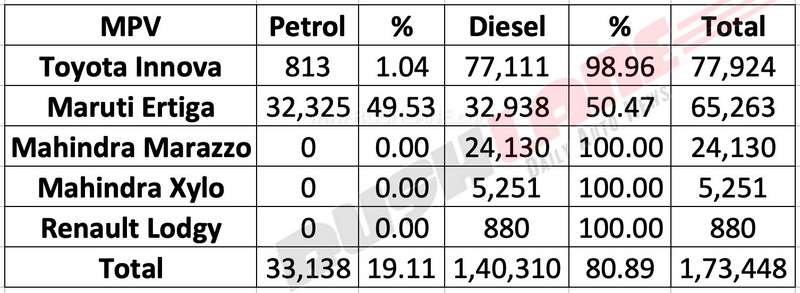
Every new emission standard level demands the diesel engines to take a bigger step forward compared to the petrol engines. This is the reason why diesel engines are going to get much more expensive post BS-VI implementation.
Things don’t stop there as India is gearing up to get stricter with vehicular emissions by introducing second phase of CAFE (Corporate Average Fuel Economy) in 2022 and real-world emission test in 2023 (to prevent a VW Dieselgate-like situation). Obviously, in this scenario, diesel engine won’t emerge as the obvious powertrain of choice because making it compliant with the ever-stringent norms would shoot up the costs to an unacceptable level.
While most OEMs are likely to pull the plug on their compact diesel hatchbacks and sedans post the BS-VI deadline (1st April, 2020), larger cars would still stick with oil burners for the time being. However, with the government’s push towards electrification, petrol hybrids would eventually replace diesel engines in larger passenger vehicles.

Toyota is expected to spearhead this change in paradigm with its next generation Innova. Livemint reports that, according to its sources, the Japanese automaker is planning to eliminate diesel engine option when the popular people carrier is due for a new replacement. The publication also reports that the next major update for the Innova is expected either in 2021 or 2022.
Currently, diesel variants account for the lion’s share of Innova Crysta’s sales. Replacing the diesel motors with petrol hybrids would help Toyota offer acceptable fuel economy without a significant price hike (FAME II and other HEV related incentives would come in handy).
Such a move indicates that Toyota is planning to phase out diesel motors from its portfolio in the coming years and push its world famous hybrid technology in India. As of now, Toyota offers hybrid powertrain only in Prius and Camry but both of them cater to low-volume niches. The new Toyota Innova would be the company’s first hybrid aimed at mass market.
Toyota’s move to favor petrol hybrid variants as replacements for diesel variants in larger vehicles is expected to inspire other OEMs as well. Like it or not, electrification and hybridization are the way forward.

